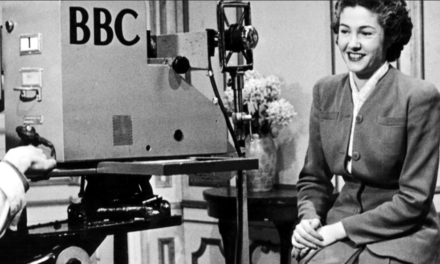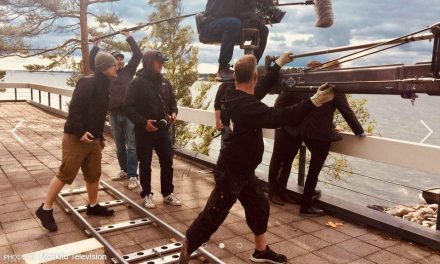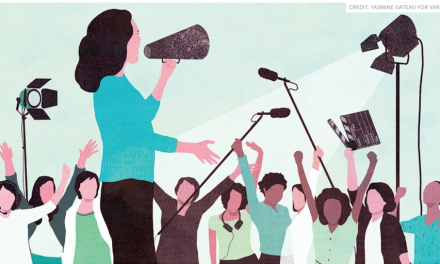University College Cork, 24 November 2018
From the earliest moments of its existence, the optimistic dream of America has been underpinned by a much darker sense of anxiety and paranoia. Whether embodied in early colonial fears of nefarious witches corrupting pious Puritan settlements, Cold-War fantasies of “reds under the bed,” or porous borders unable to keep the Other out, American culture and politics has often been defined by fears of the enemy, the Other, the invisible saboteur.
In 1964, the historian Richard Hofstadter coined the term “paranoid style” to describe the “heated exaggeration, suspiciousness, and conspiratorial fantasy” that have so often plagued the American imagination. In recent years, and particularly since Donald Trump’s victory in the 2016 US presidential elections, the “paranoid style” has inflected and infected almost every facet of American life, from mainstream political discourse to conspiracy theories online. During this time, American anxieties about issues such as race, gender, immigration and technology have proliferated exponentially while various groups and individuals have endeavoured to bolster their worldviews through the construction and propagation of elaborate conspiratorial fantasies and “alternative facts.”
Drawing together literary scholars, cultural theorists, historians, political scientists and diverse thinkers from every discipline, this one-day symposium seeks to explore the role of paranoia in American culture and politics. Not merely limited to the United States, the anxieties that afflict contemporary America are truly transnational in nature. As such, this symposium seeks to incorporate a broad range of perspectives in order to fully explore the nature, scope and implications of the current resurgence of American paranoia.
Possible topics include, but are not limited to:
-
Historical manifestations of American paranoia
-
Paranoid spaces
-
Borders, liminality and the fear of the Other
-
Paranoia in the Global South and Global North
-
Postcolonialism, decolonisation, Trans-Americanity and paranoia
-
Transnational/transatlantic paranoia
-
Paranoia and violence
-
Paranoia and feminism
-
Gender, sexuality, and identity
-
Race, ethnicity, and cultural difference
-
Paranoia, politics, and activism
-
Paranoia in literature, film and television
-
Paranoia in popular culture
-
The language of paranoia
-
Paranoia, technology and the media
-
Paranoid censorship
-
Conspiracy theories, social media, citizen journalism, and fake news
Abstracts of no more than 250 words and short biographical notes (no more than 4-5 lines) should be sent to Dr Donna Alexander (donna.alexander@ucc.ie) and Dr Miranda Corcoran (miranda.corcoran@ucc.ie) by Friday the 3rd of August 2018.





